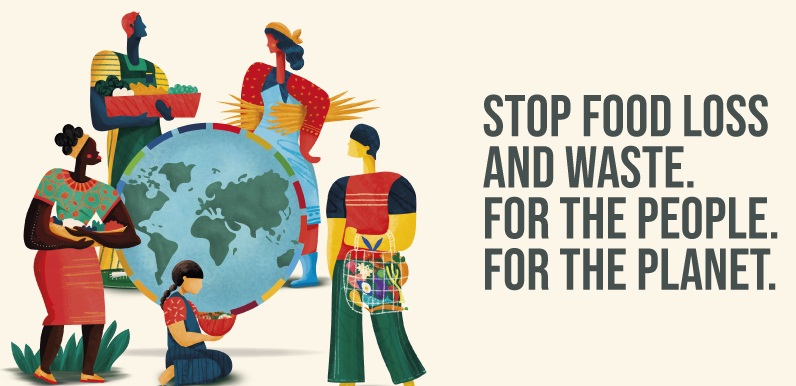Every day, vast quantities of food are wasted globally, from spoiled produce to unsold pastries. This issue is particularly pressing in Grenada, where many families struggle to secure enough nutritious food. Recognized on September 29, the International Day of Awareness for Food Loss and Waste highlights the urgent need to address this global challenge. Reducing food waste is not only essential for food security but also for protecting the environment and supporting local economies. The Codex Alimentarius, a set of international food standards developed by the Food and Agriculture Organisation (FAO) and the World Health Organisation (WHO), plays a pivotal role in this effort. These standards guide food handling, storage, packaging, and transportation to minimize waste and ensure safety. Grenada’s National Codex Committee is at the forefront of this initiative, bringing together farmers, food businesses, and government agencies to implement Codex guidelines. By adopting these best practices, Grenadian producers can reduce spoilage, improve food quality, and ensure more produce reaches consumers. A critical focus is the post-harvest stage, where improper handling, storage, or transportation can lead to significant losses. Simple measures, such as better storage and packaging, can make a substantial difference. Reducing food waste directly impacts food security by making food more affordable, boosting farmers’ incomes, and reducing reliance on imports. It also benefits the environment by decreasing landfill waste and conserving resources. Clear labelling is another key factor, helping consumers and retailers make informed decisions about food safety and storage. This reduces premature disposal and extends the shelf life of products. Grenada’s National Codex Committee continues to raise awareness and provide guidance to the agricultural sector, ensuring food is safe, nutritious, and used efficiently. By addressing food waste, Grenada is not only safeguarding its food supply but also protecting its economy, environment, and future generations.
